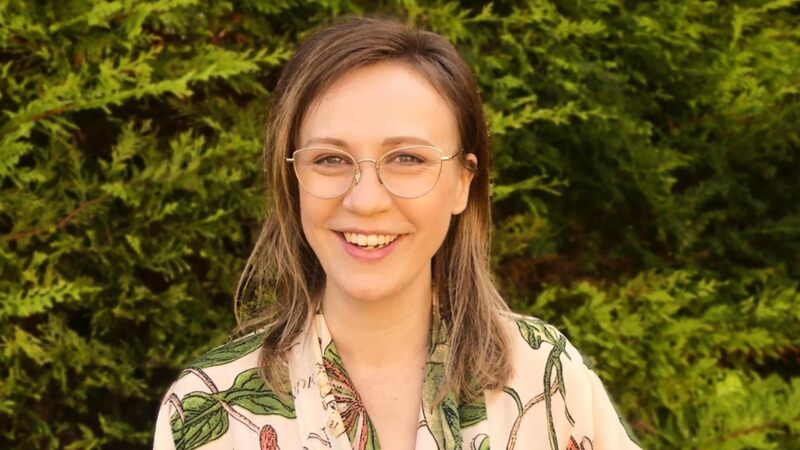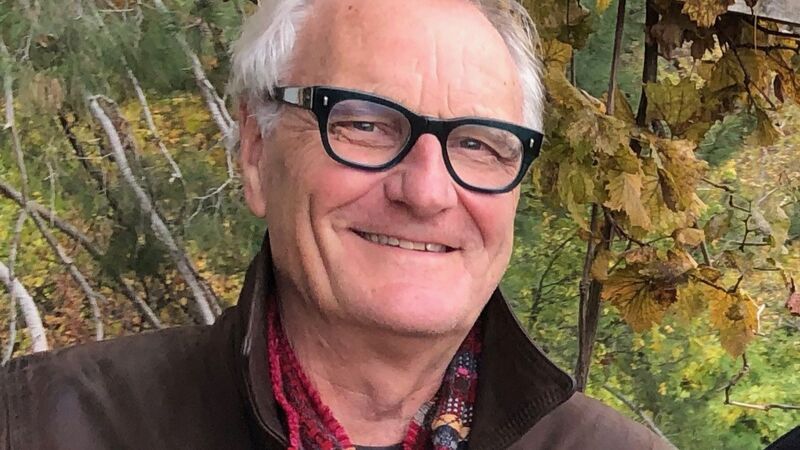You are viewing your 1 free article this month. Login to read more articles.
Poetry 'more popular with children on free school meals', finds NLT
Just under half of children and young people aged 8-18 enjoy reading or creating poetry, although that figure rises to 55.7% of those who receive free school meals, according to a survey from National Literacy Trust to mark National Poetry Day.
For the report, entitled “A thing that made me happy: Children, young people and poetry in 2018”, researchers Christina Clark and Fay Lant surveyed 2,978 8-18 year-olds from 27 schools between May and july this year.
Just under half (46.1%) of those surveyed said they engaged with poetry in their free time. A quarter said they consumed it by reading, listening or watching poetry performances and 10.4% said they wrote or performed it themselves. Another 10.3% said they do both.
Children on free school meals were, however, more likely to spend their free time on poetry, as 55.7% of that demographic consumed or wrote poetry compared to 43% of those who don’t receive free school meals. More pupils on free school meals said they like poetry because it is a playful form of writing (62.5%), whilst only 56.7% of pupils who don’t get free school meals agreed.
Paper-based poetry is still the norm, with three in five young consumers saying they read poetry on paper, compared to a third who read poetry online or on a phone and the same proportion (31.7%) who watch poetry videos.
When it comes to creating poetry paper is king, too, as 74.2% of those who wrote poems used used paper, compared to writing poetry online (16.4%) or recording poetry as an audiofile or video (one in 10).
Just over half of the children surveyed (53.9%) said they don’t engage with poetry, either because it’s boring (chosen by 50% of those who say they don’t like poetry), because the topics poets write about aren’t interesting (40%), because they don’t ‘get’ poetry (21.4%) or because it is hard (12.1%).
The split between genders is even with boys and girls liking poetry equally, but there was a big change between the younger children surveyed and the older group: children between 11 and 14 are half as likely to engage with poetry than those aged 8-11, according to the report.
















